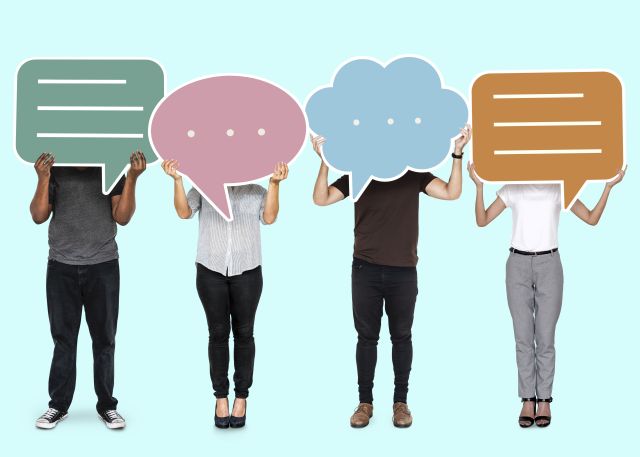Conference "Digital Communication, Virtual Communities, and Political Change in the Americas"
Le 07/10/2021
by Antonio Reyes, Washington and Lee University, MSH Guest Professor
In this talk, I examine interactional features in digital communication analyzing social actors’ participation, interaction, and engagement in different virtual communities. In those virtual spaces, participants establish discussions around themes of diverse interest: education, medical knowledge, professional help and knowledge sharing and communication, language ideological debates, video games, etc. Specific characteristics, such as continuing interaction, allow participants to negotiate meaning and knowledge, triggering the construction and acceptance of authority, even if members’ identities are quasi-anonymous. Despite the lack of explicit credentials, these participants generate judgements, opinions, advice, etc. competing with the way knowledge has been traditionally constructed and channeled, challenging formal and official knowledge in a specific subject. Official and governmental institutions compete now with these non-institutional spaces for authority, in the creation of knowledge, in a particular area or discipline (i.e. information on Covid vaccines). This current situation poses a struggle for democratic governments that aim to regulate digital communication balancing the protection of Freedom of Speech with the persecution of Hate Speech. At the moment, governments have no option but to relegate to non-governmental agencies (i.e. Twitter and Facebook) to uphold those democratic principles due to their capacity to monitor those discourses and censor content and participants. Similarly, under-represented and marginalized voices claim representation and inclusion through virtual communities, fostering debate around human rights and social change, and inspiring new policies and laws. These online debates have affected legal and political discourse in different countries on the American continents from Canada and the USA (NYC Transgender Rights Bill) to Uruguay and Argentina where the president Alberto Fernandez has incorporated gender neutral language into his speeches, projecting the voices of underrepresented minorities from online sites into a national political debate.
Antonio Reyes is an Associate Professor at Washington and Lee University. His research focuses on the relationship between language and society, and the way they intertwine and shape each other to create new contexts of meaning and new realities. He is particularly interested in developing interdisciplinary theoretical approaches in discourse studies to decode the relation between language and social processes of power and ideology. He has published in Language & Communication, Discourse & Society, Journal of Language and Politics, Text & Talk, and a monograph entitled "Voice in Political Discourse: Castro, Chavez, Bush and their Strategic Use of Language" (Bloomsbury, London).
Thursday 7th October 2021, 12pm-2pm
Salle de réception
Campus du Solbosch
Building R - Level 3 - Room R3.105
Avenue Antoine Depage 1
1000 Bruxelles
Registration required by email: Alexandre Newell

